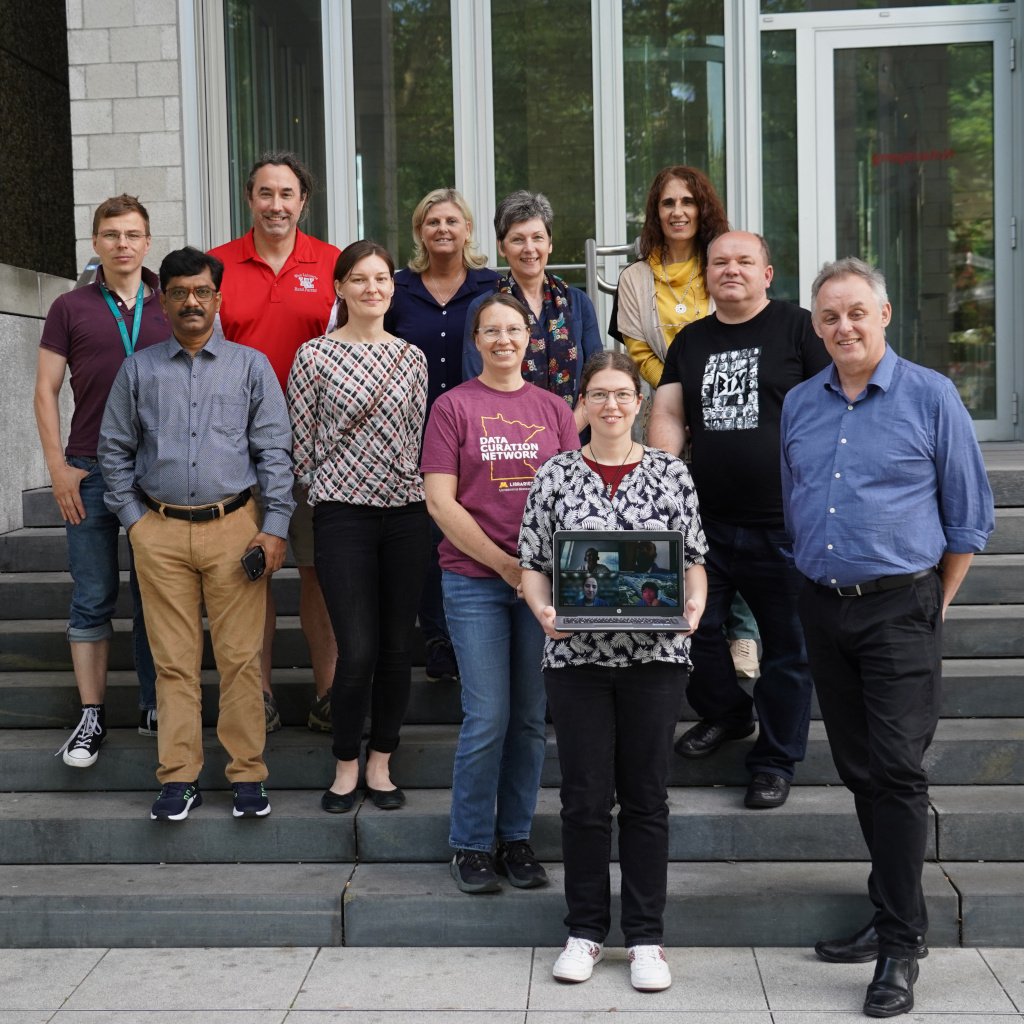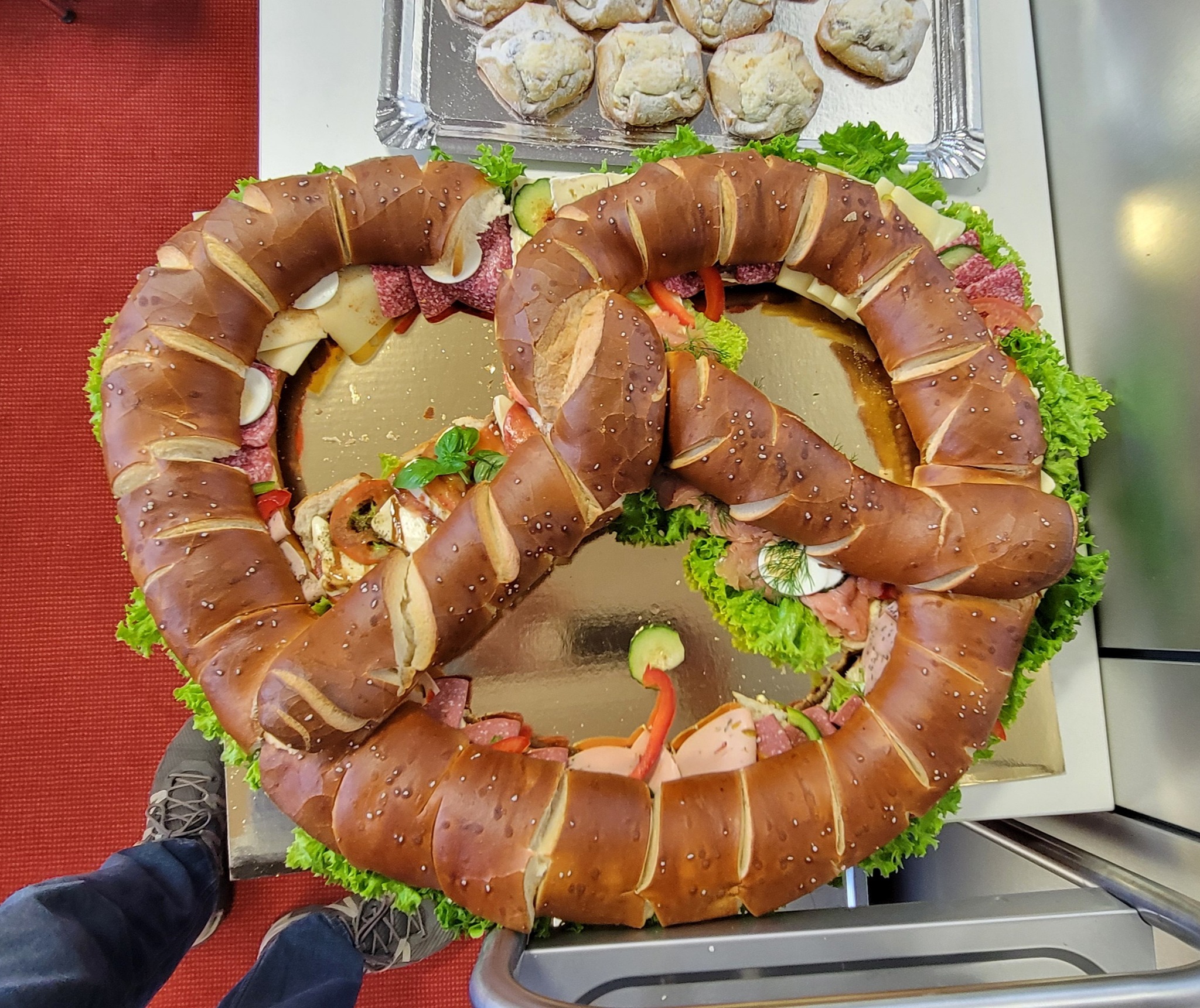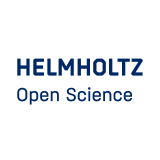Summer Meeting of the Editorial Board
The re3data.org editorial board was able to get together in person over the summer, meeting for two days in June at the library of the Karlsruhe Institute of Technology (KIT). It was a great opportunity to on-board our new editors and to reconnect with colleagues to focus on updates and improvements to the registry. In addition to the work, the group enjoyed good food and fellowship in the evening.
Some were not able to travel to Germany but were able to join remotely for introductions and an icebreaker to get to know each other better. The KIT staff led a tutorial and demonstrated the registry’s backend editorial workflow, following a submission through each step in the process as it moved through the system.
We also had a focussed discussion on new ways to engage with the broader research data community, first by sharing general strategies and then brainstorming specific approaches for each of our regions and networks. Each editor left with 2-3 action items of things they could do to raise awareness of re3data.org and to identify new repositories to index, in particular, from under-represented parts of the world. The board will revisit these on its next quarterly call to update each other on progress.
Four additional working sessions addressed important topics. A hands-on activity explored inconsistencies over the years in how editors have identified different types of repositories, and they discussed potential changes to their approach to repository typology. The board mapped and investigated the alignment between Version 4 of re3data’s Metadata Schema for the Description of Research Data Repositories and the RDA Common Descriptive Attributes of Research Data Repositories recommendation that was endorsed earlier this year by the Research Data Alliance. They explored how users from specific disciplines may experience the registry differently. For example, how would a humanities scholar interact with re3data.org in ways that would be different from a geoscientist? Each of the editors has individual expertise in different disciplines and presented their views in the context of their subject area. Last but not least, the group experimented and explored how artificial intelligence (AI) tools consume information about repositories that we present in the registry as well as how we may utilize AI to improve our work.
The meeting concluded with a session of lightning talks on topics of relevance that were brought by our editors, which spanned a wide spectrum of initiatives and interests.
This was the third in a series of three meetings that were sponsored by the Deutsche Forschungsgemeinschaft (DFG) in support of the COREF project. The meetings helped reshape the editorial process, brought in missing language and subject expertise, and extended global networks to better cover regions that are currently underrepresented in re3data.






